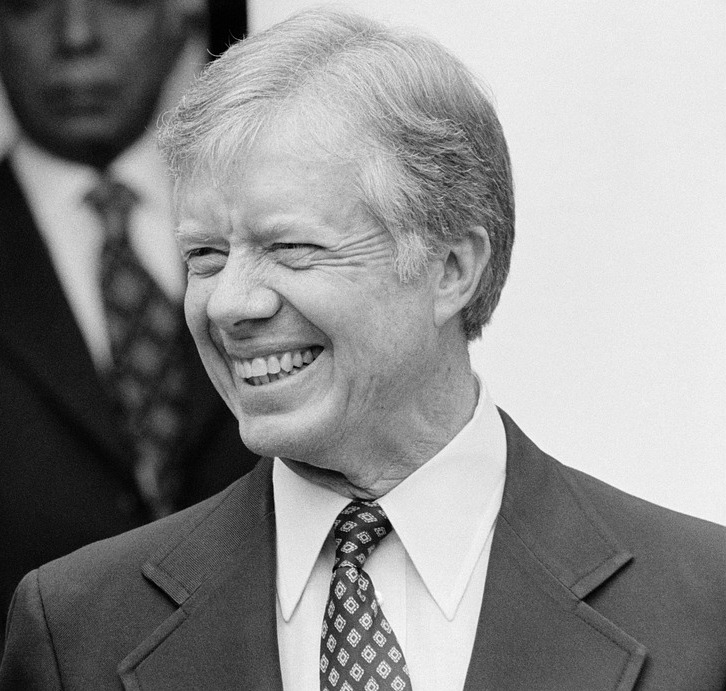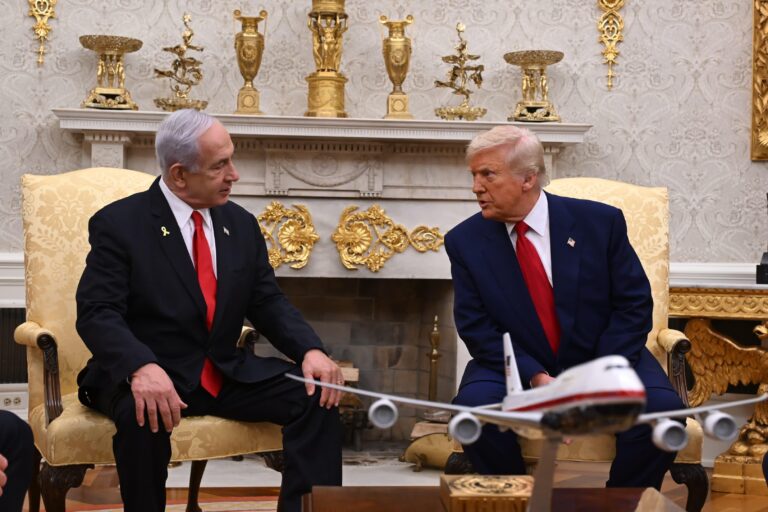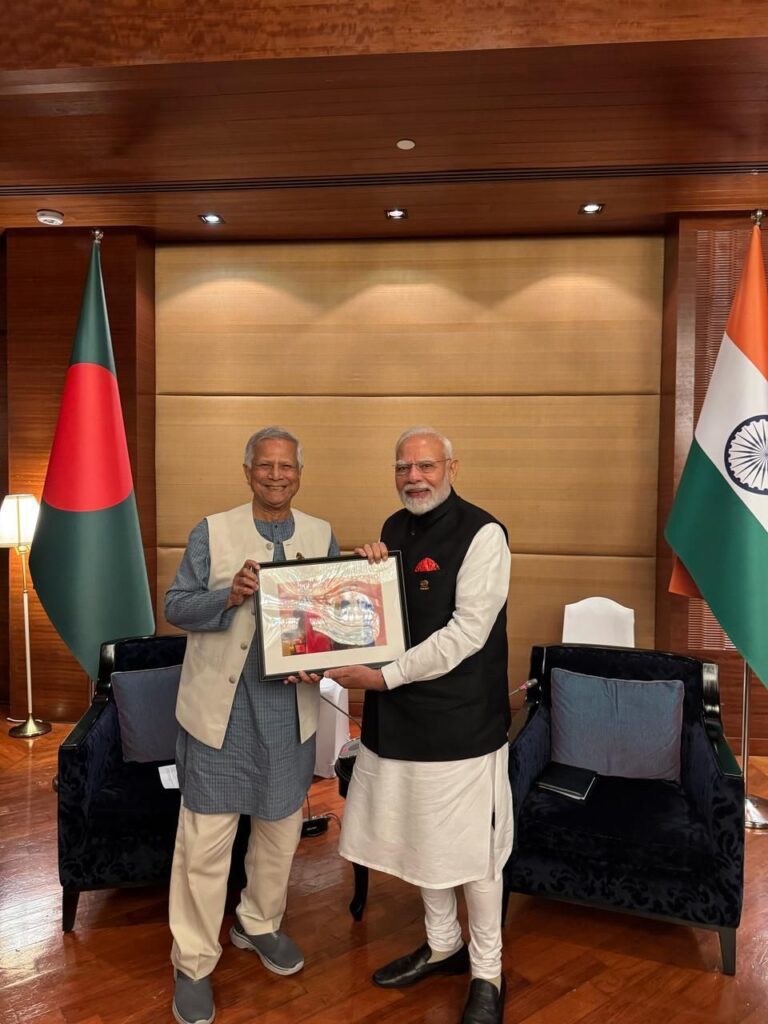
Jimmy Carter
Washington: The thirty-ninth President of the United States, James Earl Carter, Jr., popularly known as Jimmy Carter, died at his home in Plains, Georgia, on December 29, 2024, at the age of 100, US President Joe Biden officially announced here.
Biden appointed January 9, 2025, as a National Day of Mourning throughout the United States, and ordered that the flag of the United States be displayed at half-staff at the White House and on all public buildings and grounds, at all military posts and naval stations, and on all naval vessels throughout the United States for 30 days from the day of his death as an expression of public sorrow.
Carter’s death came a year after that of his wife of over 77 years, Eleanor Rosalynn Carter, on November 19, 2023.
Born on October 1, 1924, Carter grew to become a US Navy veteran, a Nobel Peace Prize Laureate, and a humanitarian who dedicated his life to promoting peace, democracy, and human rights.
The son of a farmer and a nurse, Carter’s career in public service began in 1943 as a cadet at the United States Naval Academy. He later served in both, the Atlantic and Pacific fleets, before becoming a decorated lieutenant and being selected to join the elite nuclear submarine programme. After his father’s death, he returned home to Plains, to help manage his family’s peanut farm. There he also led his community as a church deacon, Sunday school teacher, and, a board member of a hospital and library.
His passion for public service led him to be elected State Senator, Georgia’s 76th Governor, and ultimately President of the United States in 1977.
President Carter mediated a landmark deal with Israel and Egypt that helped forge peace between two nations that had spent decades getting Egyptian President Anwar Sadat and Israeli Prime Minister Menachem Begin to sign the historic Camp David Accords – a pair of political agreements – on September 17, 1978. He also negotiated the return of the Panama Canal to its host nation and developed arms control agreements with the Soviet Union.
His final year as President was, however, marred by the Iran hostage crisis where fifty-three US diplomats and citizens were taken as hostages by a group of armed Iranian college students who supported the Iranian Revolution and took over the U.S. Embassy in Tehran. This contributed to Carter losing the 1980 election to Ronald Reagan. The hostages were freed immediately after Reagan succeeded Carter as president on January 20, 1981. Carter also was the first sitting president to testify under oath as part of an investigation of him. However, no evidence was found to support allegations that funds loaned from the National Bank of Georgia had been diverted to Carter’s 1976 presidential campaign, ending the investigation.
After he left office, Carter never stopped pursuing peace and advancing human rights, and once said, “Our greatest blessings come when we are able to improve the lives of others.”
He worked tirelessly around the globe to broker peace; eradicate disease; house the homeless; and protect human rights, freedom, and democracy.
“President Carter was a man of character, courage, and compassion, whose lifetime of service defined him as one of the most influential statesmen in our history,” Biden said. Paying tribute to Carter, he remarked, “Through his extraordinary moral leadership, President Carter lived a noble life full of meaning and purpose. And as a trusted spiritual leader, he shepherded people through seasons of pain and joy, inspiring them through the power of his example and healing them through the power of his guidance”.
Indian Prime Minister Narendra Modi posted on X that he was “deeply saddened” by Carter’s death. He described Carter as a statesman of great vision, who worked tirelessly for global peace and harmony. “His contributions to fostering strong India-U.S. ties leave a lasting legacy. My heartfelt condolences to his family, friends and the people of the US”, Modi said.
– global bihari bureau





